- China deploys data centers and computing network service equipment through the Eastern Digital and Western Computing Project
- UAE lays foundations for knowledge-based economy through Fourth Industrial Revolution and AED300 billion action
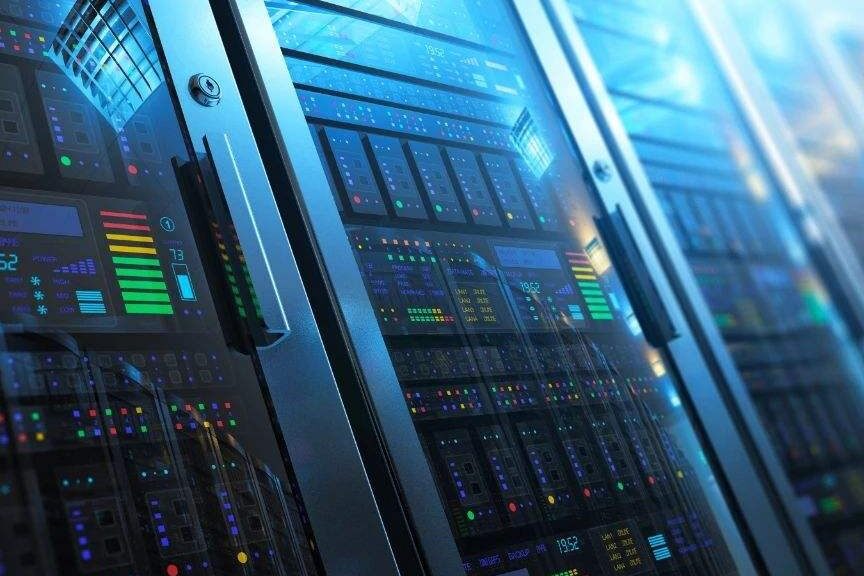
Digital transformation is one of the main drivers of economic transformation today. For most people, the immediate impact of digital transformation on life is reflected in the application of new technologies. For example, the application of new technologies will change or affect how people pay, live, experience services, and business models.
The global economy is being reshaped and is benefiting from digital transformation and an economy that has been digitized. The digital economy refers to the economic activity generated by the billions of daily online connections between devices, data, businesses and people.
In recent years, the digital revolution has extended to many sectors, including media, finance, healthcare, consumer goods, and manufacturing. However, as manufacturing has grown, so has its complexity and challenges. There is no doubt that there is an urgent need to build a robust digital ecosystem. Such a robust ecosystem can address emerging challenges and facilitate smooth collaboration between manufacturing and partners and even consumers, fostering innovation, fostering strong partnerships, and creating greater value.
Digital Economy Strategy
The UAE and China are both countries with the most developed digital economies in the world. Both countries have each made great strides in digitizing their economies, achieving strong economic growth. Therefore, this digitization is another dimension of the fruitful cooperation between the UAE and China.
President Xi Jinping recently pointed out that China's digital economy must be continuously strengthened, optimized and enlarged, and emphasized that the digital economy is becoming a key force in reorganizing global factor resources, reshaping the global economic structure, and changing the global competition pattern. In his view, digitalization has strengthened the development of China's manufacturing industry, and the integration of manufacturing and e-commerce is a key driving force for accelerating the growth of China's digital economy.
Today, China enjoys the reputation of the world's factory with high efficiency, low cost and the most comprehensive industrial supply chain. At present, China is striving to promote the construction of a digital ecosystem, which will transform China's industrial economy, improve the competitiveness of China's manufacturing industry on the world stage, and promote the high-quality development of China's economy.
The large-scale “new infrastructure” projects currently being implemented in China reflect the above-mentioned national perspective on digitalization, such as the “East and West” projects. The project's goal is to relocate China's data centers and computing service network equipment. Currently, these networks are concentrated in the prosperous eastern coastal provinces, where energy prices are high. Ultimately, the aforementioned data centers and computing service network equipment will be moved to the western provinces to take advantage of the local cheap and abundant renewable energy. According to reports, after the completion of the "East and West" project, about 30 million tons of coal can be saved by 2025.
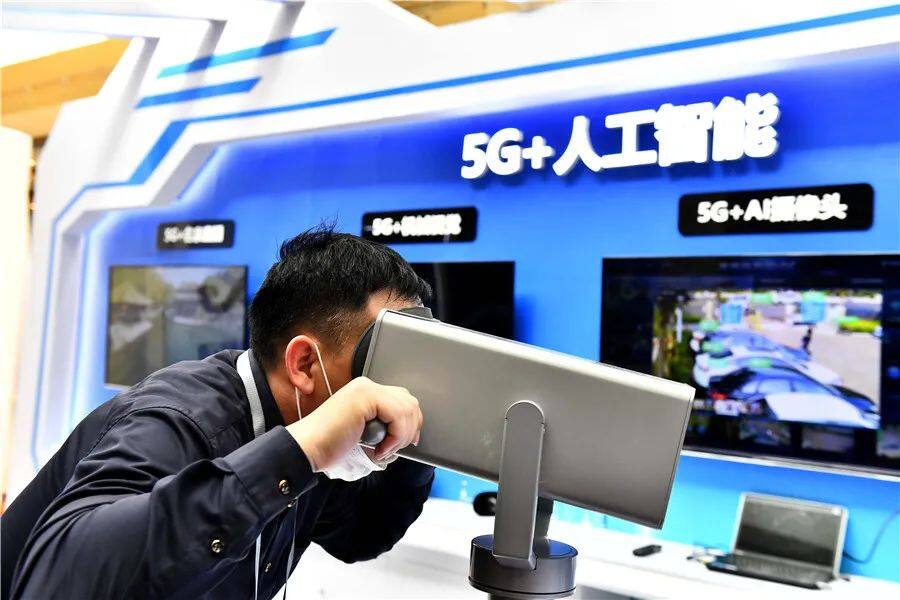
As a comprehensive strategic partner, the UAE also prioritizes the development of the digital economy. The UAE has taken favorable steps to transform the UAE into an influential tech powerhouse. The UAE aims to be a leader in digitalisation across the MENA region. Doing so will drive transformation in government and the private sector.
Like China, the UAE also believes that innovation and technology are the core drivers of social development. Through two iconic industrial strategies, the "Fourth Industrial Revolution" and the "AED300 Billion Action", the UAE has laid the foundations for a knowledge-based economy. The UAE is already in the top quarter of the world in digitalization, according to key global digital indicators. In 2022, the digital industry will contribute about 10% of the UAE GDP.
However, the people of the UAE are not satisfied with their achievements. In April 2022, the UAE launched a digital economy strategy aimed at doubling the contribution of digital industries to UAE GDP from around 10% to 20% within a decade. To achieve this ambitious goal, the UAE has put forward more than 30 initiatives and programs targeting six sectors and five new growth areas. These initiatives and programmes will measure the growth of the UAE’s digital economy through a unified mechanism.
The UAE’s National Digital Economy Strategy helps to enhance the UAE’s position as a digital transformation hub in the MENA region and globally. The banking and financial services sector in the UAE has undergone rapid change in recent years, with the digitization of existing services and the introduction of digitally exclusive services. In addition to establishing a national strategy, the UAE has also established a Digital Economy Council to promote the development of the digital economy. The committee has started planning future actions and areas that need support, as well as ensuring the implementation of the Digital Economy Strategy initiative across all sectors of the economy.
In 2019, the UAE became the first Arab country to deploy a 5G network. This is thanks to the very successful cooperation between the UAE and the Chinese company Huawei. The UAE has moved towards the goal of 100% nationwide 5G coverage by 2025. The UAE and China share the same philosophy that creative solutions should provide a brighter future for entrepreneurial societies and more innovative economies. Keywords: One Belt One Road, One Belt One Road News, One Belt One Road Project
As comprehensive strategic partners, the UAE and China are already highly complementary in implementing innovation policies. The positive impact of these innovative policies can already be seen in their respective energy, finance, health and life sciences, retail, logistics, transport and high-tech sectors. Therefore, driven by the ever-growing digital economy, the fields of China-Arab cooperation will continue to expand and enrich.Editor/XuNing
Comment
 Praise
Praise
 Collect
Collect
 Comment
Comment
 Search
Search


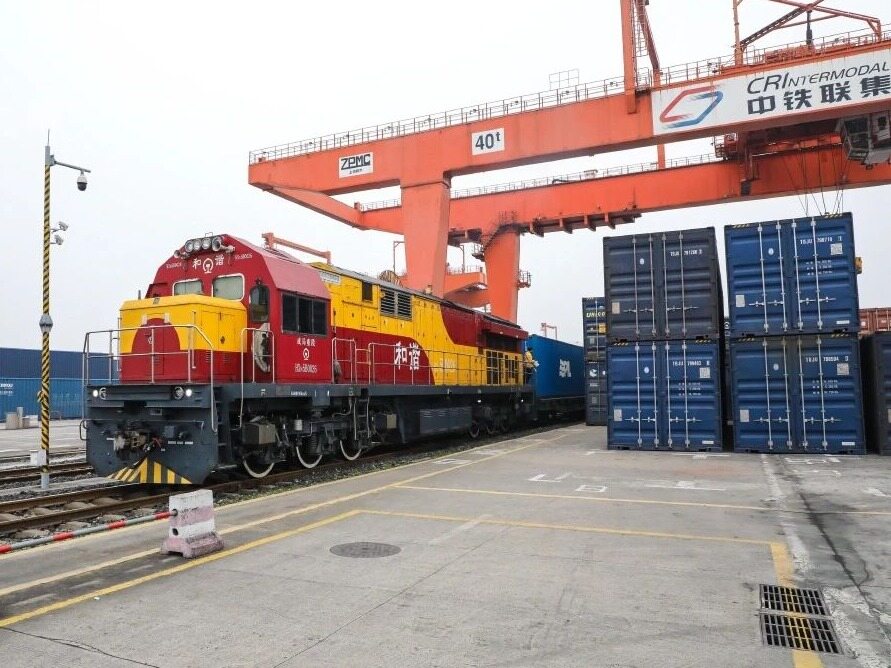
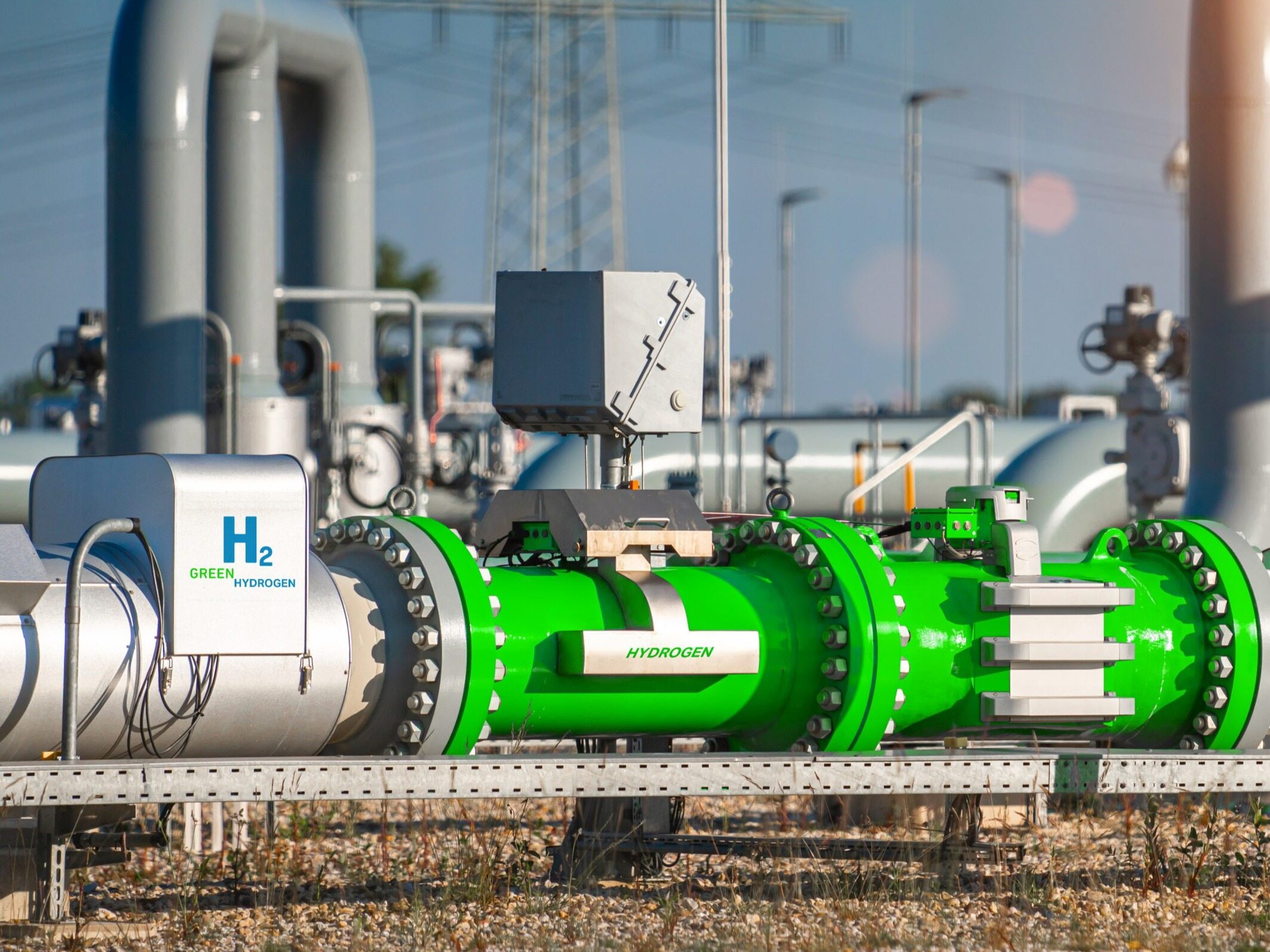
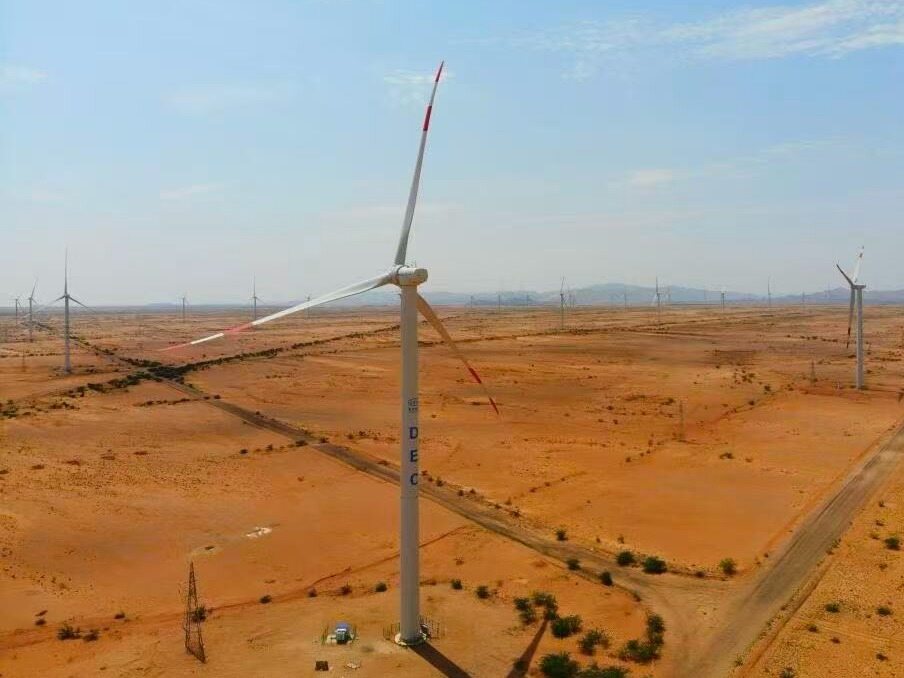
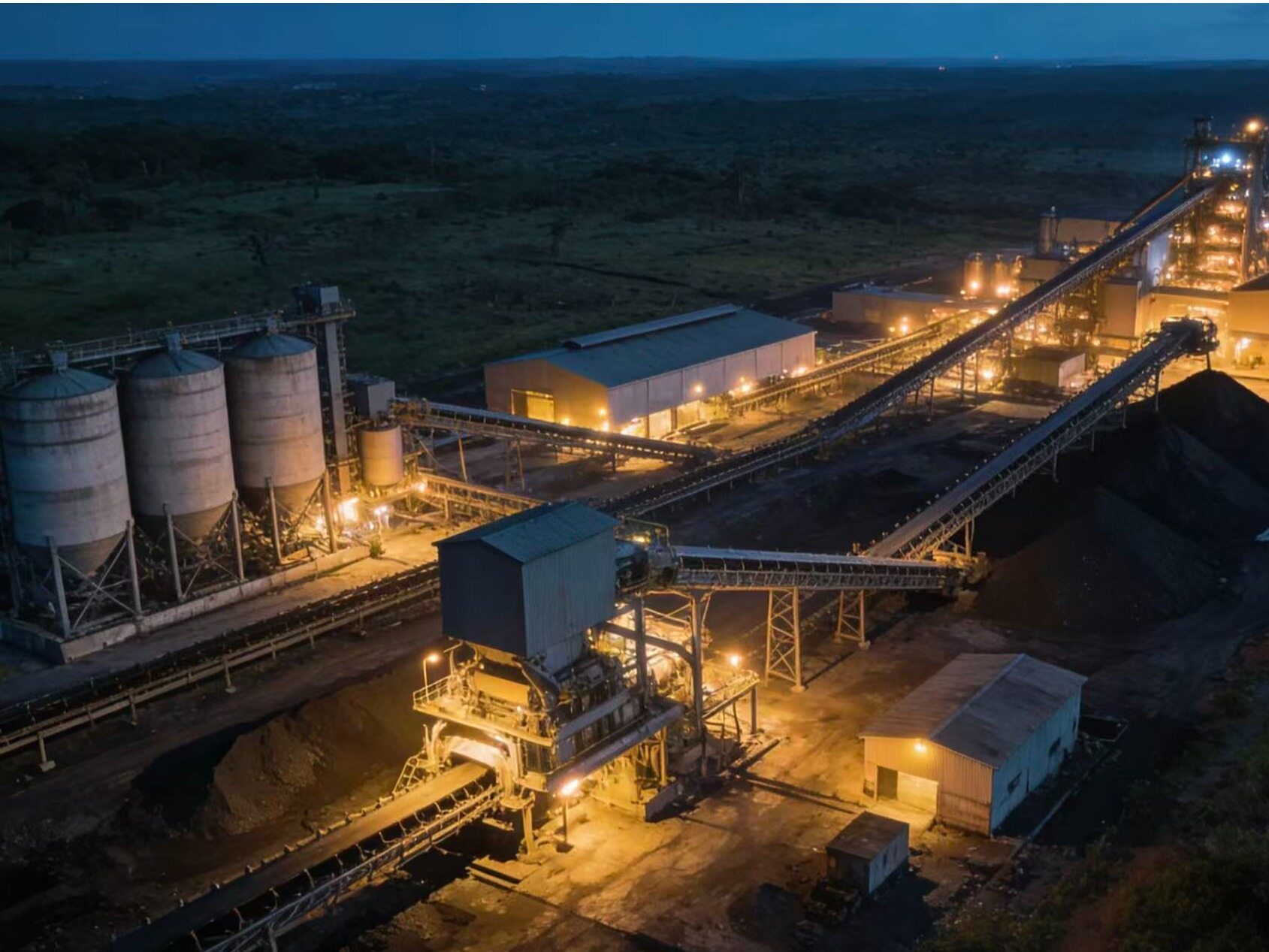
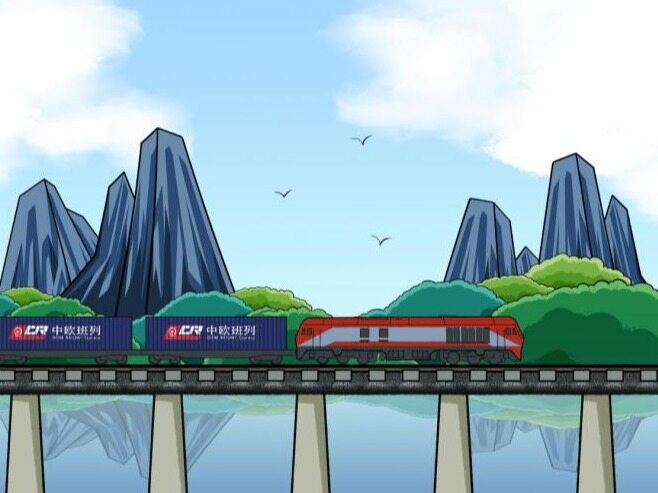
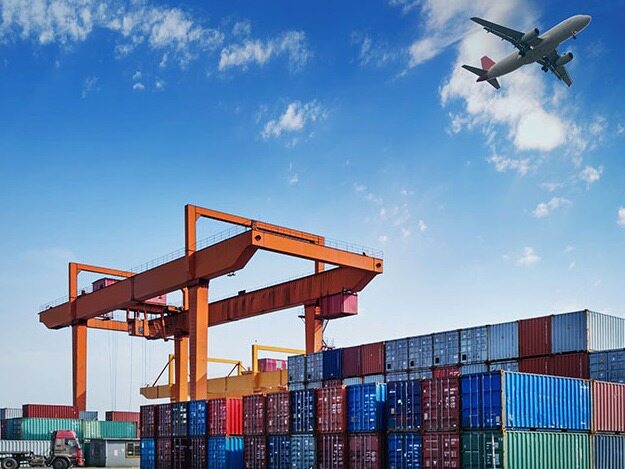






Write something~